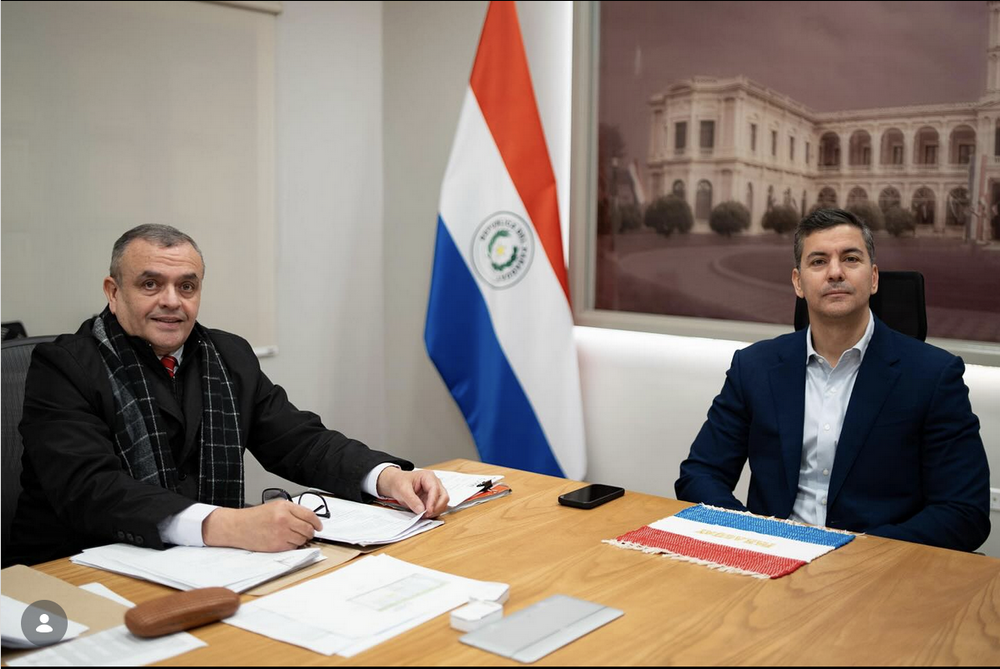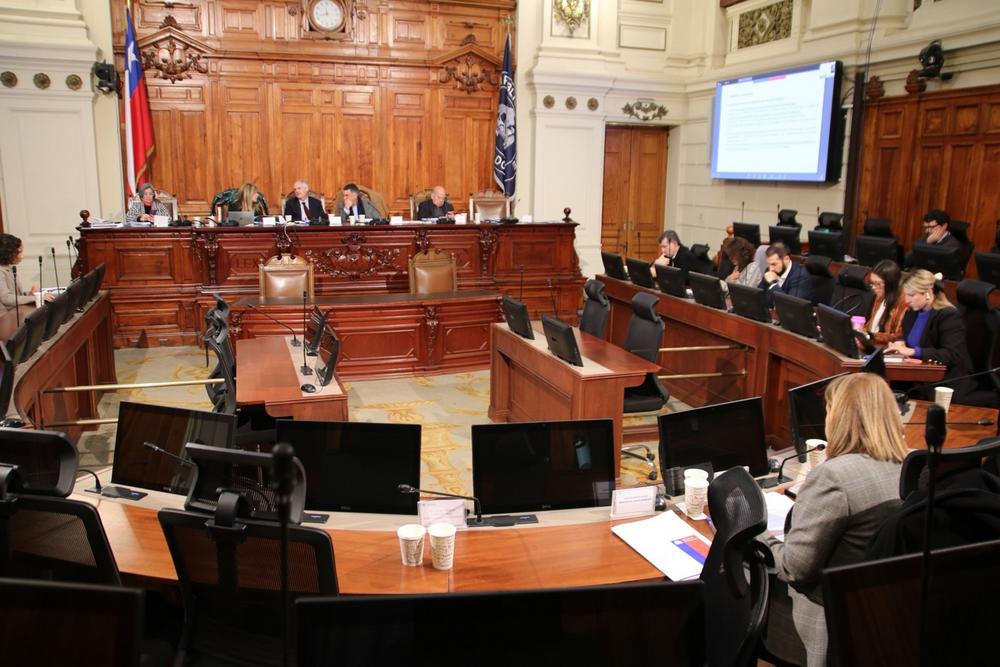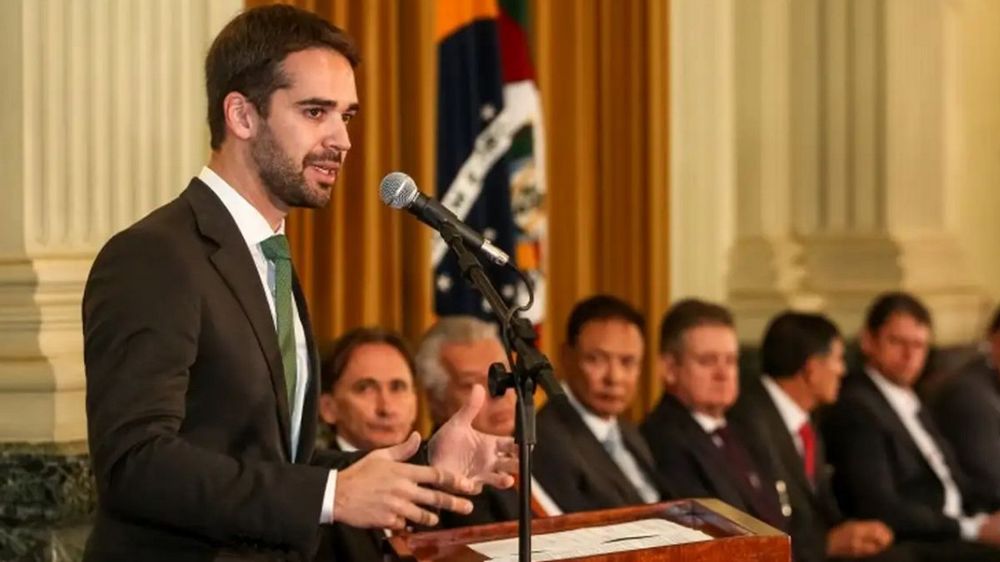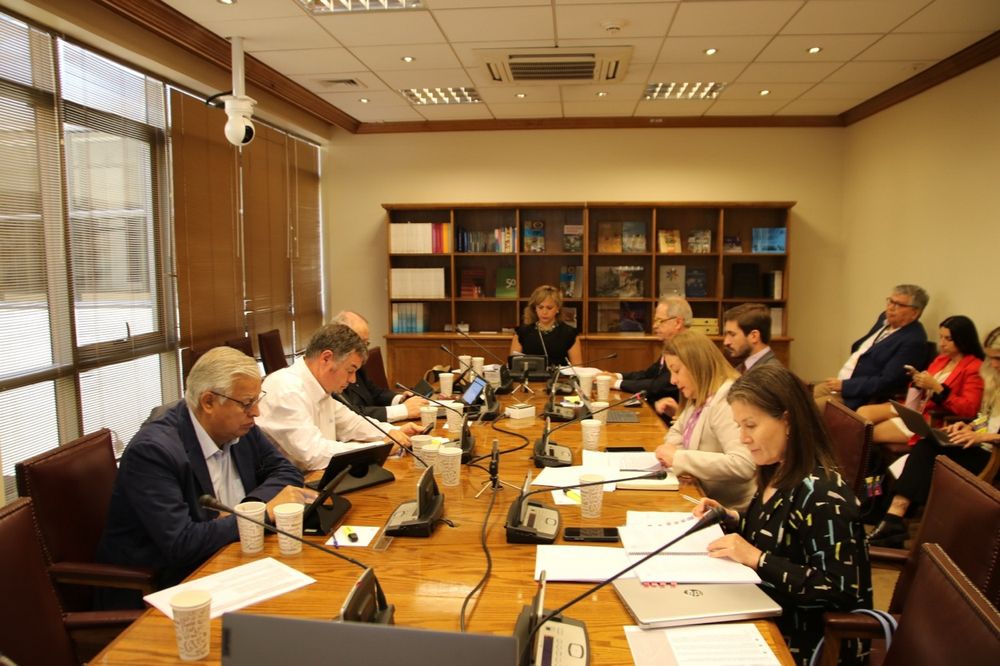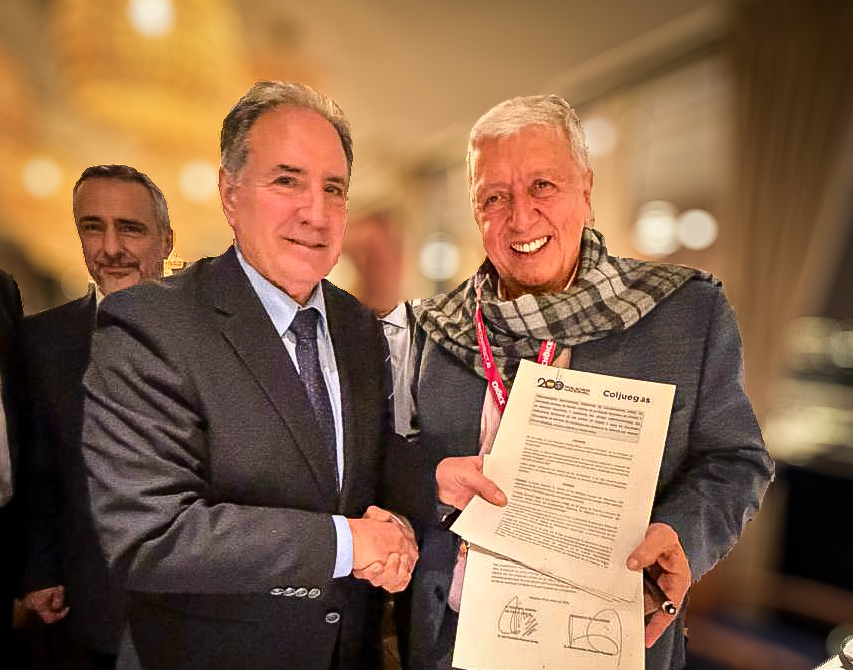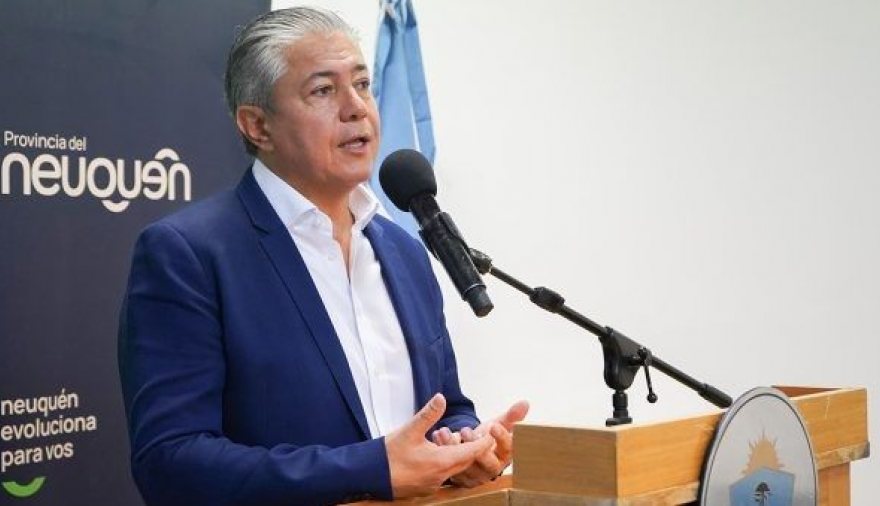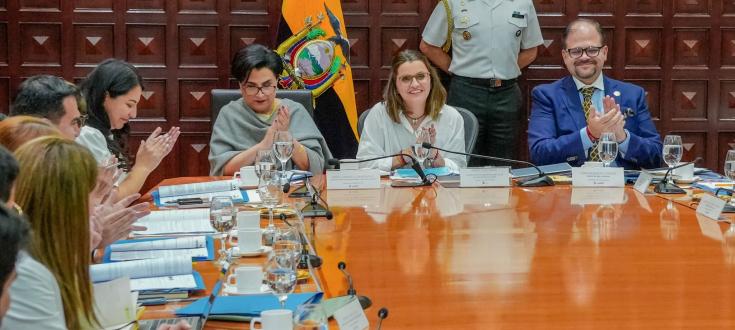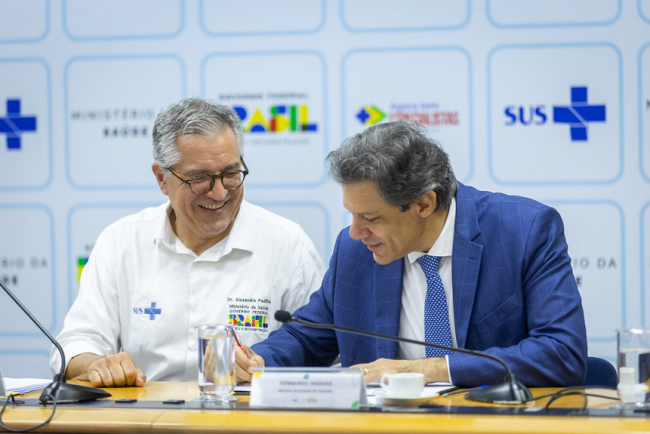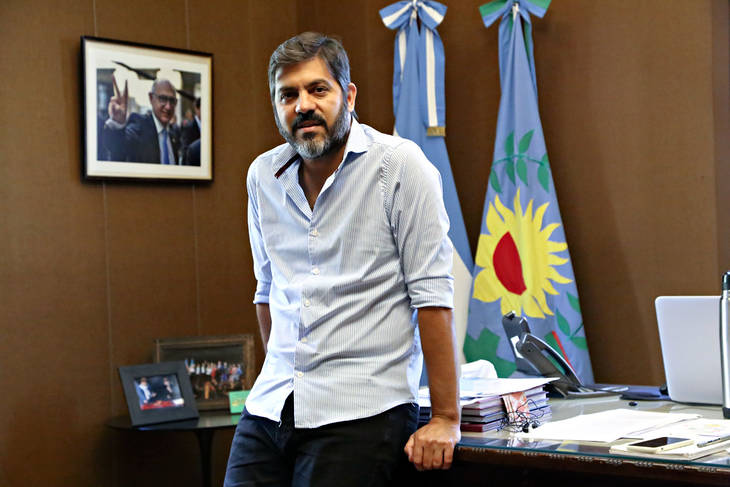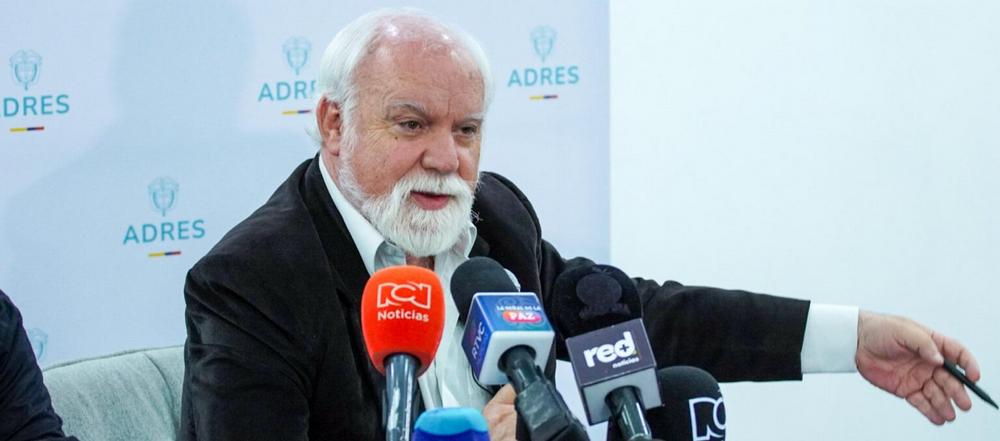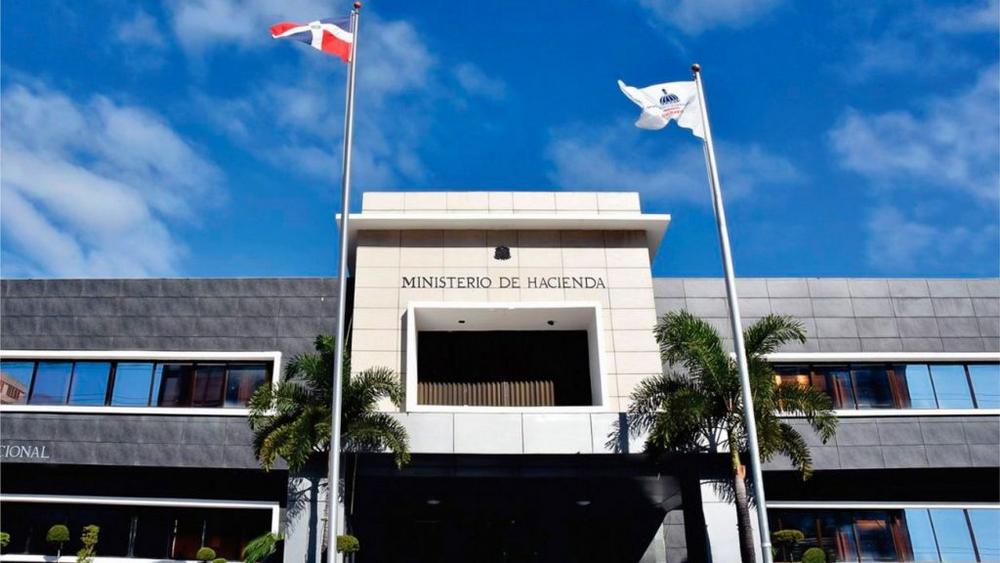Bogotá, August 2025 – Contributions from online gambling to Colombia’s subsidized healthcare fund have fallen dramatically—dropping over 30% in the months following the implementation of a 19% value-added tax (VAT) on gaming deposits.
Industry projections show that before the tax was introduced, operators were contributing over COP 40,000 million (approximately USD 9.9 million) per month to the healthcare system. However, in the four months after the VAT went live—from March to June—average monthly contributions declined to about COP 28,000 million (USD 6.9 million)—a sharp reduction of around 30%.

These contributions come from “exploitation rights,” effectively a 15% levy on operators’ net gaming revenue, specifically earmarked for funding public health coverage for vulnerable populations. In 2024 alone, this mechanism generated over COP 436,000 million, establishing legal online gambling as a key auxiliary funding source for the health system.
Tax Trap: Colombia’s Gambling Industry Feels the Squeeze with Back-to-Back Hikes
Stakeholders warn that sustaining this trend may jeopardize both public health funding and the financial viability of legal gaming platforms. Operators have absorbed much of the new tax burden themselves—opting not to pass it along to players—to minimize migration to illegal platforms. However, even with that cushioning, margins have compressed significantly.
If the current model persists, legal gaming risks losing ground to unregulated alternatives, and the subsidized health system could face a widening funding gap. Industry leaders are calling for a reassessment of the tax framework to balance public finance and sector sustainability.











